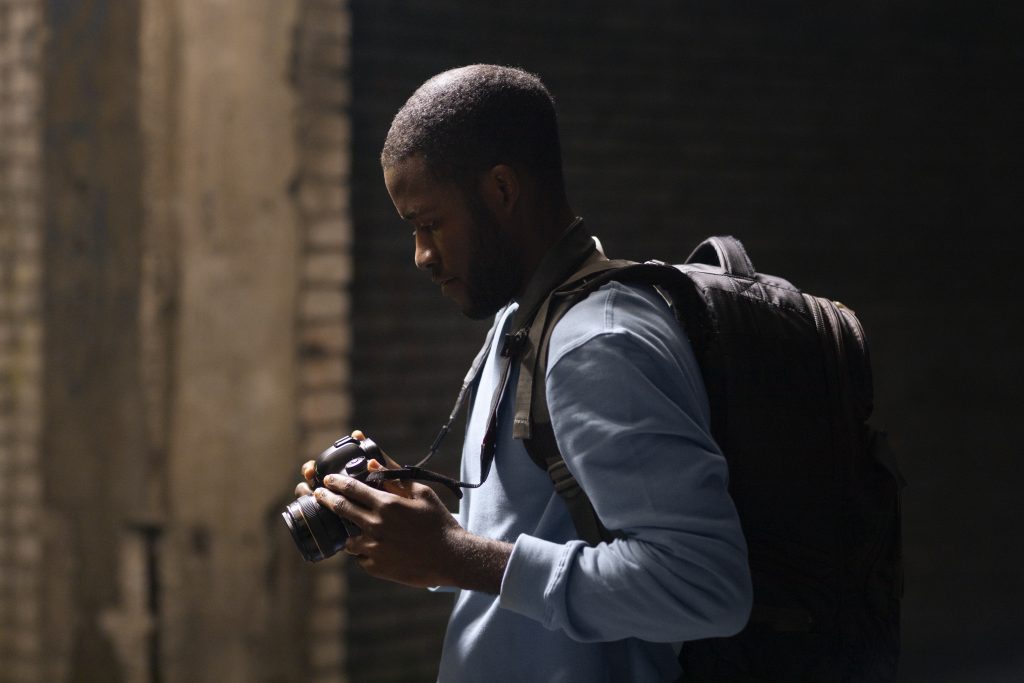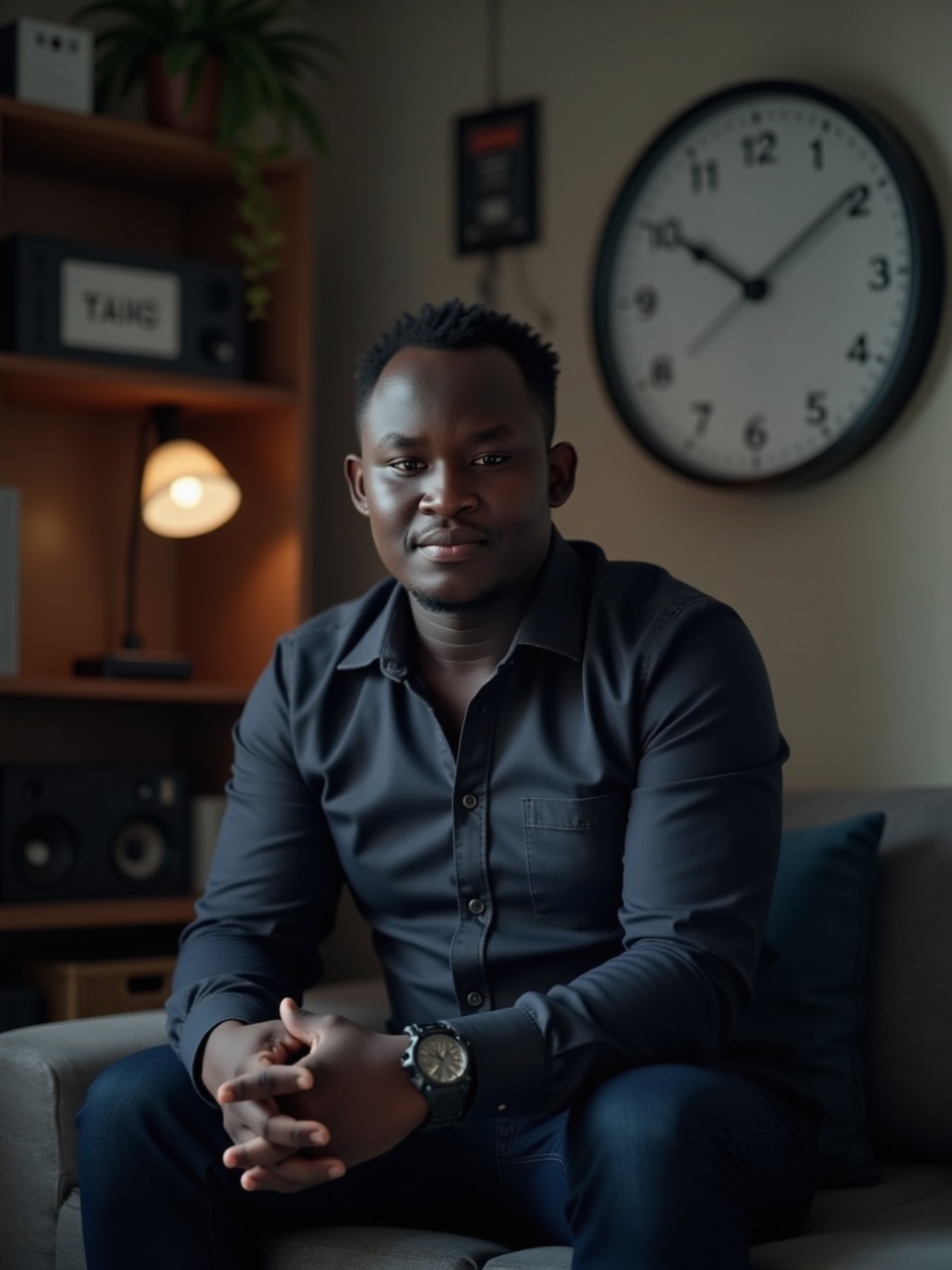In South Sudan, there is still paranoia and anything can go sideways at any time. The government is extra conscious of all the activities going on that may indicate red flags security-wise.
One such activity is photography

Let’s not go far! I was once a victim of this, I went to the outskirts of Juba to admire its view and before I knew it, I was taking selfies and several pictures of the beautiful scenery and landscape of Juba.
Out of the blue, about four men approached me and asked me to walk with them.
When I inquired why? They persisted. I had no choice. They led me to unknown barracks and before I could speak a word, I was being told to sit down and showered with heavy slaps on my cheeks.
I was labeled a rebel and all sorts of titles because my identity could not be verified given the fact that I didn’t carry my Nationality card or any form of identification with me.
I had no clue that even if you go to a random location and you don’t see any signpost saying NO PHOTOS ALLOWED HERE or RESTRICTED AREA, you still don’t have to take pictures there.
Surely, I was ignorant of my own country’s laws and landed myself in danger.
How I survived is a testimony for another day.
Since that day I have always been very careful when planning to take pictures no matter the location.
What is allowed to Photograph in South Sudan?
Laws regarding photography and journalism vary from country to country
Whether to take pictures or not in South Sudan solely depends on the location where you’re taking the pictures, what you’re photographing, or whom you’re photographing.
In South Sudan, photographing bridges, the Nile, Military, and government buildings are not allowed.
Despite that, some tourists take pictures of the Nile from river-side restaurants and that is not a problem since restaurants catering to foreigners are very much aware that they do take lots of photos of each other.
You also need to seek permission from people outside Juba to take their photos.
If you’re alone, you can also take photos but be aware of the location
Other areas around South Sudan that are illegal to take pictures
- State House
- Ministerial Offices
- Airports (Airfields)
- Barracks (Military Bases)
- Random locations
Reporting and taking pictures in any of the above locations or just anywhere within South Sudan without the proper documentation from the South Sudanese Media Authority is absolutely illegal.
You must take precautions whenever reporting if you’re a journalist, content creator, or even a blogger.
The Ministry of internal affairs issues an International Press Card for a fee of $50
Without the permit, you may be arrested anytime for taking pictures.
Note:
- In South Sudan, everything is a matter of state security
- Violent crimes such as shootings, carjacking, ambushes, assaults, robberies, and kidnappings is common throughout South Sudan.
Conclusion
I hope this information helps you stay safe in South Sudan. Share your experiences in South Sudan in the comments section below. Happy to help!




Can a South Sudanese Journalist also apply for the International press tag with the same amount (59$)?
In order to apply for an International press tag, journalists typically have to meet certain criteria set by the organization issuing the tag. These criteria can include being a professional journalist and working for an established news organization, among other things. It’s possible that a South Sudanese journalist who meets these criteria would be able to apply for an International press tag for the same cost as other journalists, but it would depend on the specific organization issuing the tags and their criteria for eligibility.
It’s important to note that some press organizations may have different rates for journalists from different countries, and the International Press tag fee can vary depending on the organization you are applying for. It’s best to check the website of the organization in question or contact them directly to inquire about the specific requirements and fees for South Sudanese journalists.